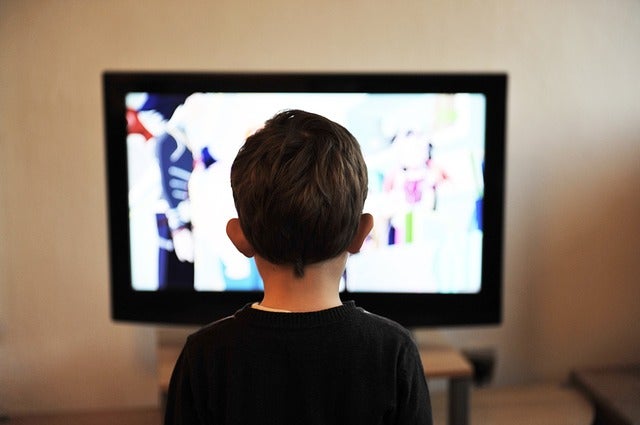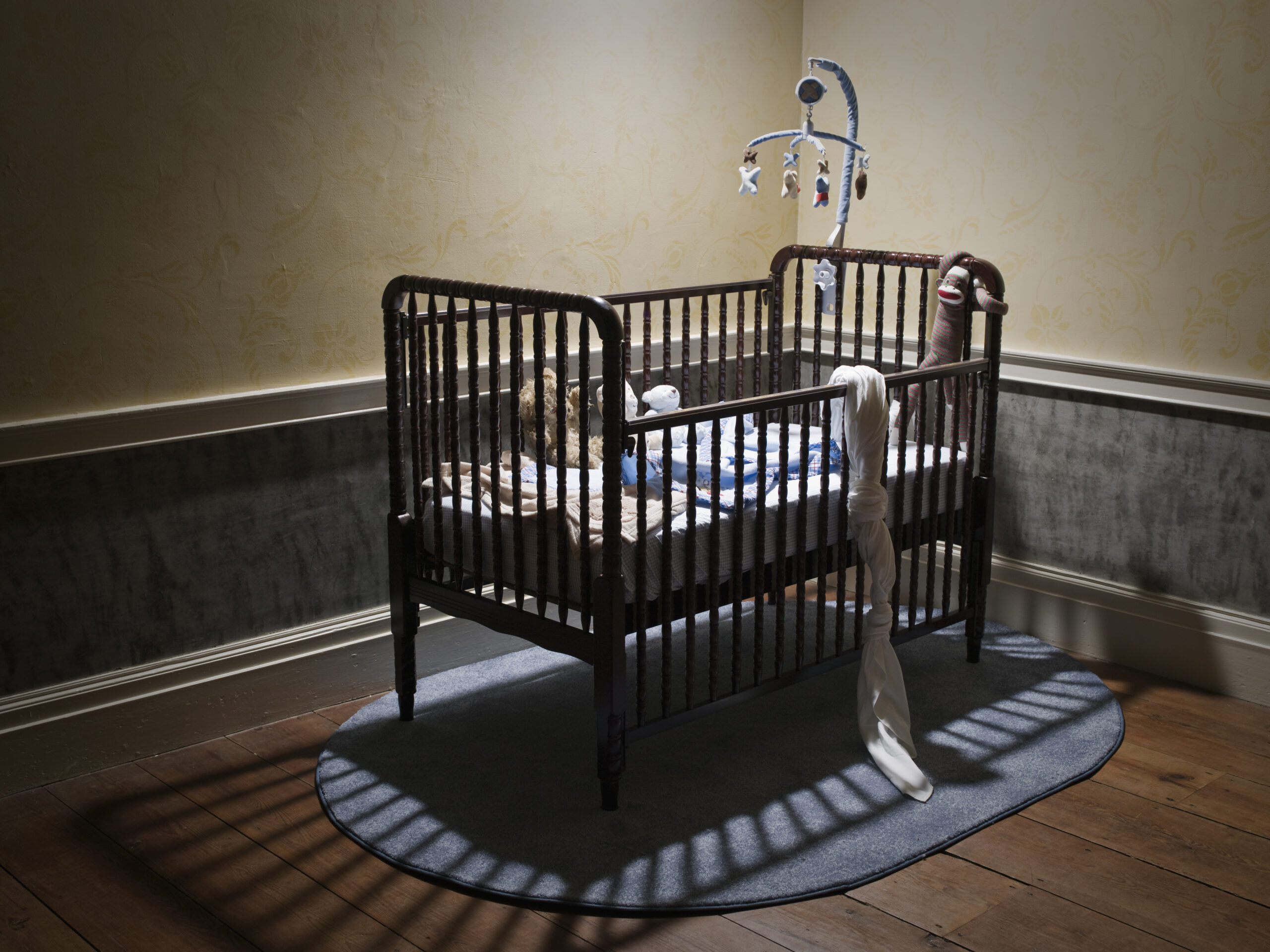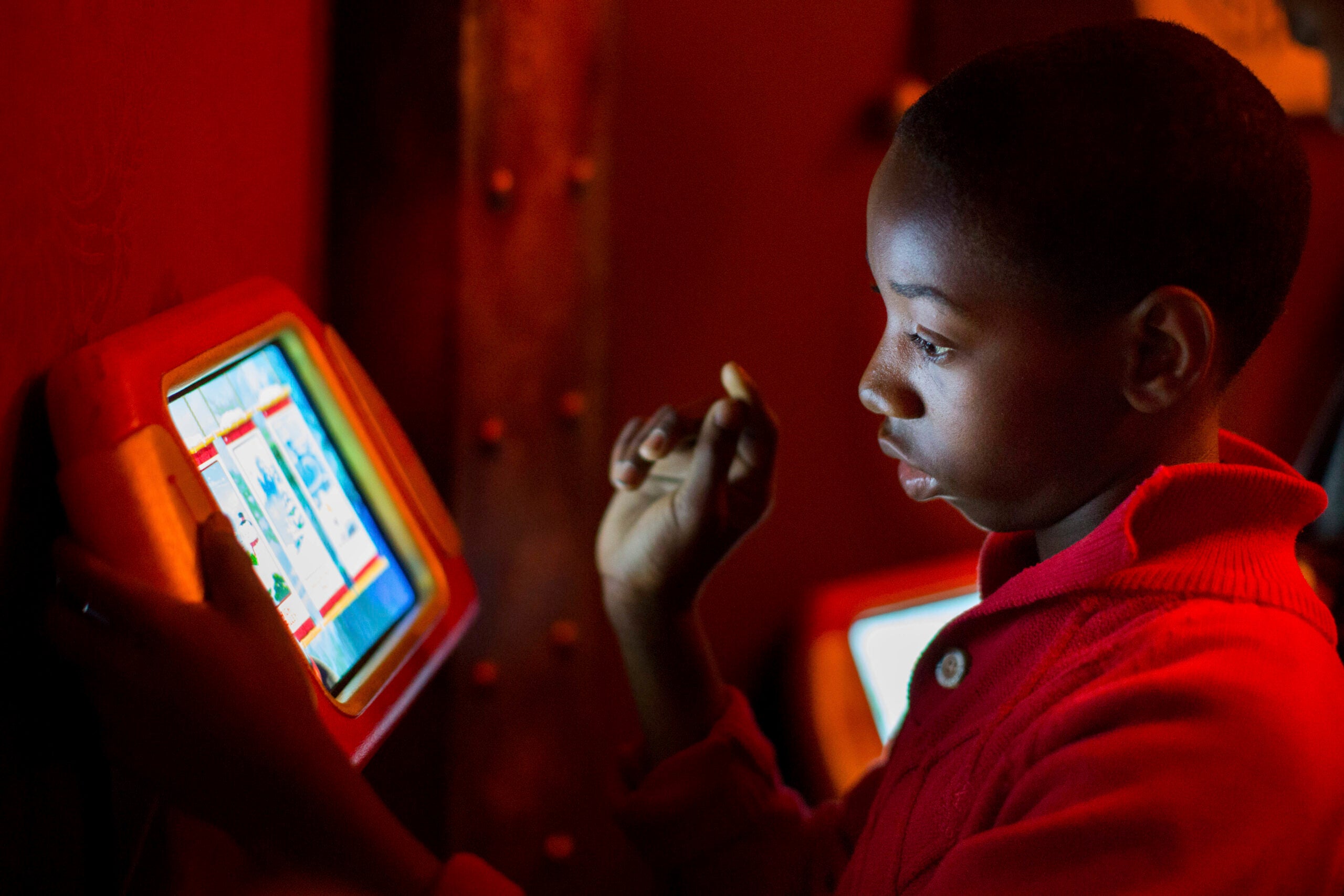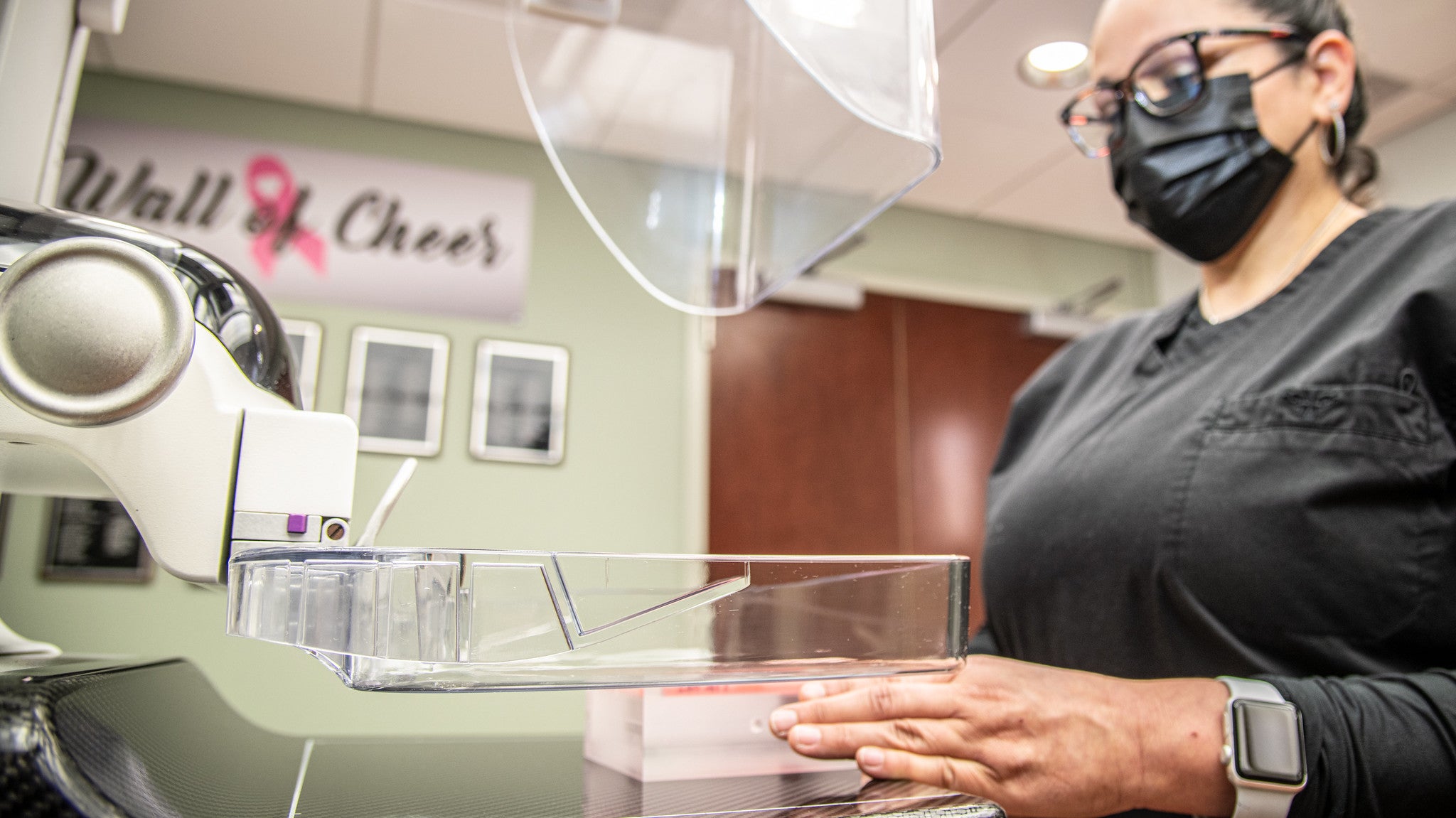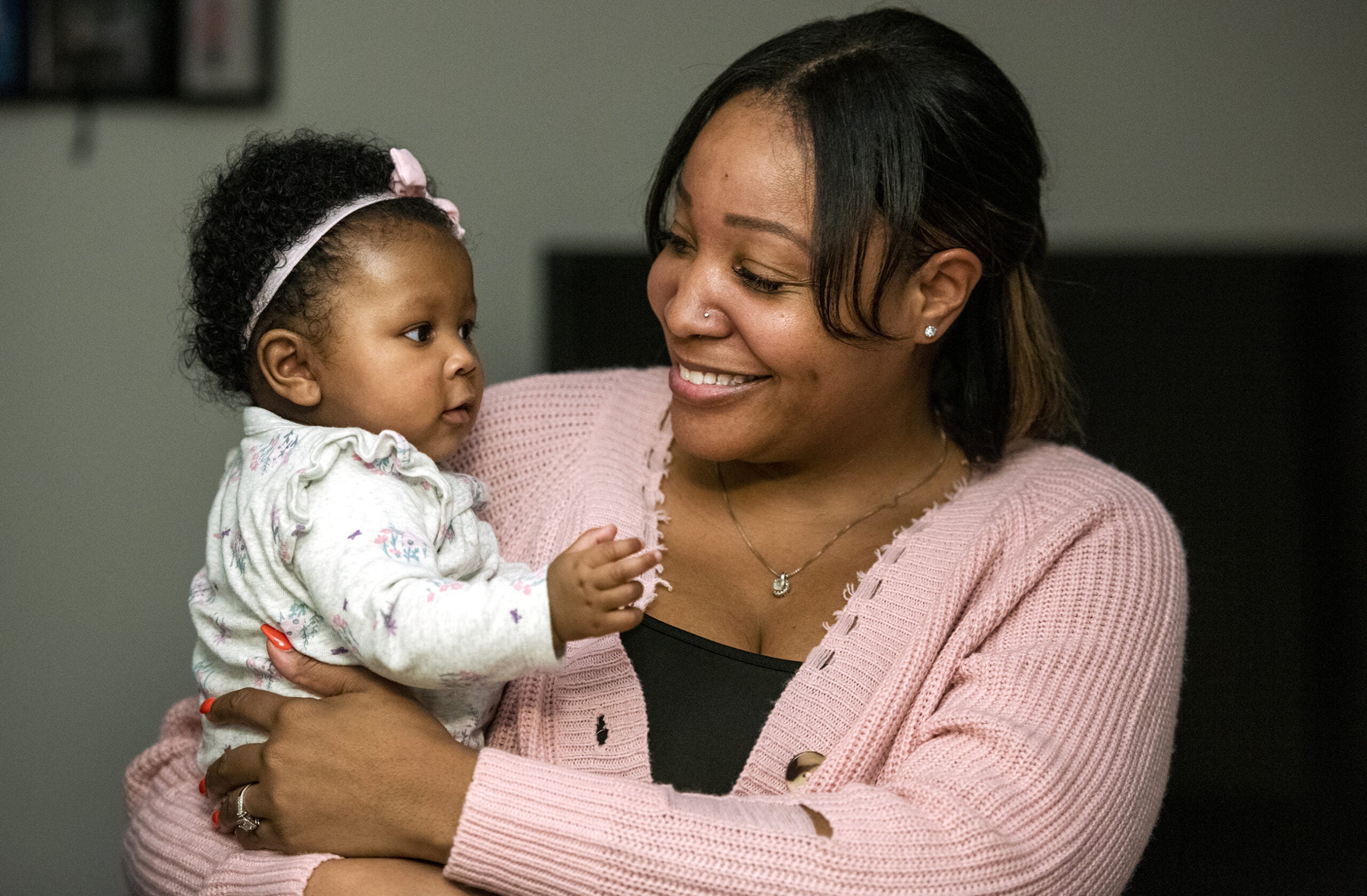Research out of the British Medical Journal shows that children who spend too much time in front of a computer or smartphone, especially just before they shut off the lights for the night, are more likely to have insomnia.
I bet you thought insomnia was an adult disease, but you were wrong. It affects all age groups.
Teens are night owls. You remember what it was like. Their circadian rhythm isn’t established yet, so night time doesn’t naturally mean sleep time. That’s why we had to go into our kids’ rooms and say, “Lights out.”
Stay informed on the latest news
Sign up for WPR’s email newsletter.
Funny, when I think about it, no one has ever had to tell me “lights out” as an adult.
Study after study shows children who get eight to nine hours of sleep per night do better in school, have better social relationships and are less likely to be “sassy.” (We doctors have another term for that; we call it “oppositional behavior.”) They also are less likely to get colds, more likely to be healthy and happy.
And more than that, it’s easier to get them up in the morning — which, by the way, is good for a parent or guardian’s own mental health.
Researchers analyzed the lifestyle records of more than 10,000 teens. They were asked about screen time outside of school, including smartphones, game players and online. They also kept track of when they went to sleep, how long they slept, and — this is the important point — how long it took for them to get to sleep.
We’ve all had the experience of lights out, mind on, where we just can’t turn it off and get to sleep.
As an adult, it’s often caused by something we’re worrying about, but not always. Sometimes we simply just can’t get to sleep.
The researchers found that many children who used a screen device just before bed often took — now, get this — 60 minutes before they went to sleep. A full hour.
What’s more, they found a dose-response relationship, meaning the more the teens used a computer, phone or video game, the more likely they were to have trouble falling and staying asleep.
Those with more electronic devices had more problems, and teens who multi-tasked, using four or more devices, were the worst.
Now what’s going on? We know that TV in a child’s bedroom isn’t good. The light from the TV somehow interferes with a good sleep.
Some researchers think this is because we’ve been programmed through evolution to respond to light as a wake-up call. I used to work in an ER full-time and part-time. I found night work very difficult because I couldn’t stay awake. That was, in part, because I couldn’t go to sleep when the sun was shining. Screens may be acting as artificial suns.
The other issue is sleep hygiene: The bedroom should be a place to sleep, not to play, and a place to wind down, not wind up.
My spin: Become a bit old-fashioned and have your child read before going to sleep. Half an hour of a book, even a comic book or graphic novel, might slow down their mind and allow for better sleep, which could improve their mood and their grades in school.
And what’s good for the goose is good for the gander. Perhaps you should do the same thing at night, too. Stay well.
Wisconsin Public Radio, © Copyright 2024, Board of Regents of the University of Wisconsin System and Wisconsin Educational Communications Board.

